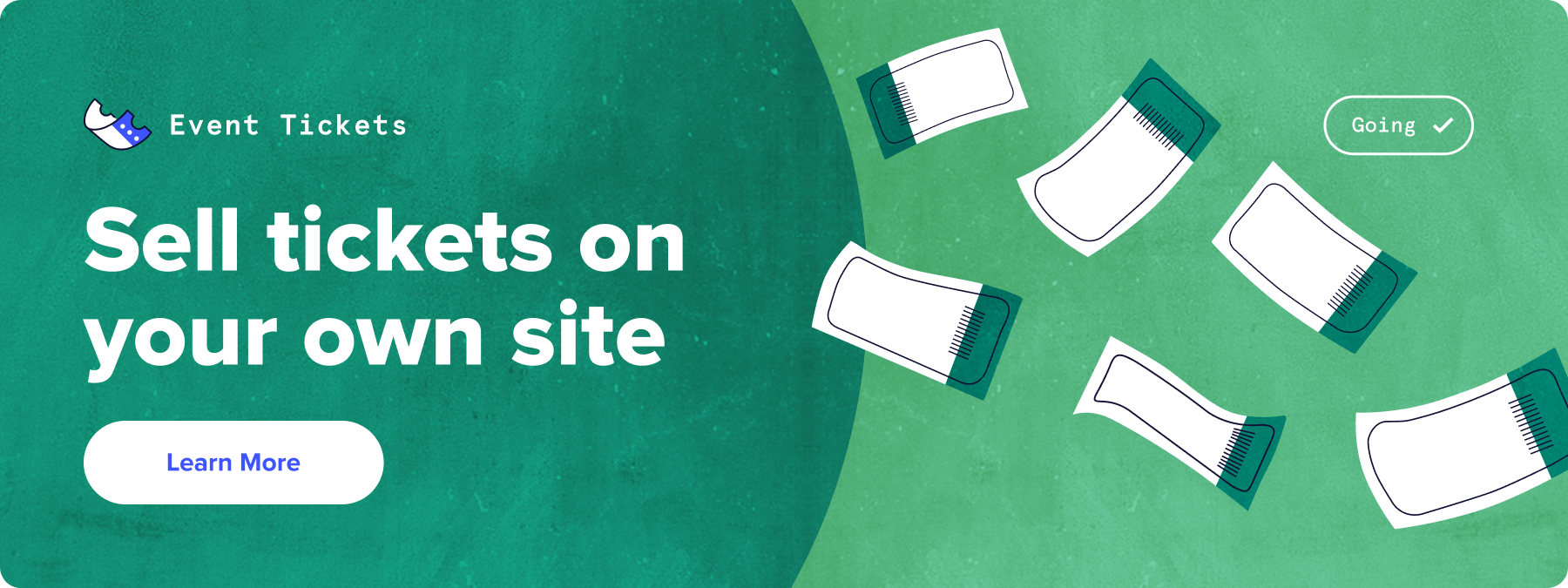Why You Need to Own Your Content

Your content strategy for your business probably involves posting to at least a few social media channels. But are you giving enough love to the content you own?
There are important distinctions between the content you own and the content you create for other sites. Below, we’ll walk through some of the reasons you need to prioritize your own website, email marketing, and other types of “owned” content.
First of all, what exactly is “owned” content?
The difference between owned and non-owned content is all about where your content lives.
A page on your own website, your mobile app, or a platform you built are all examples of content you own and control. An email you create and send to a list of subscribers is another example.
What isn’t owned content? Anything you share on Instagram, Medium, LinkedIn, Quora, or other third-party sites. This content may appear on your profile or your page, but you don’t control the channel or the distribution. You don’t truly own the content.
That’s not to say you shouldn’t post on popular third-party sites. Social media is an important way to build and engage with an audience. But you don’t want to rely exclusively on third-party sites or run your business solely on social media.
Owning your content offers peace of mind.
Social networks come and go, but your website is a permanent home for your business.
It takes a little bit of work on the front end to get a new website up and running, but it’s worth the investment. Your website won’t be subject to the whims of third-party platform owners (although yes, it will require some maintenance over the years).
On the other hand, if Instagram shutters tomorrow, your whole profile goes with it. If Medium closes, there goes your blog. If users simply start drifting away from these platforms, you’ll lose a channel to your audience.
Your owned content, including your website and email marketing, is a constant presence. You hold the keys to your owned content right now and in the years to come.
Your content = your rules.
In the age of the algorithm, your own website is perhaps the only place on the internet where you fully control the audience’s experience with your brand.
When people arrive on your site, they’re engaging with the purest form of your content. No unrelated ads, no distractions, no competing with sponsored posts or other users. You can design the exact experience you want people to have, and you can be confident the experience is consistent for everyone.
Your website offers serious SEO potential.
If you want your business to appear higher up in Google searches, you need to spend some time building up your website content. Creating high quality content on your own site will boost your site’s search engine optimization (SEO), which ultimately increases traffic to your site from organic search.
If you’re new to SEO, Google’s SEO Starter Guide and Moz’s SEO 101 are two great places to start. There are lots of easy steps you can take on your own to boost SEO, or you can hire a professional to bring your strategy to the next level.
If you have an events calendar on your website, that offers lots of other ways to maximize your SEO potential (more on events below).
Related blog: 4 Ways the Pros Use SEO for Events
Hosting events and tickets on your own site saves you money.
Sites like Eventbrite make it easy to create events and sell tickets. But when you rely on third-party sites to sell tickets, you end up losing revenue thanks to fees and convenience charges.
By moving your calendar and your ticket sales to your own website with tools like The Events Calendar and Event Tickets, you cut out the middleman. When you host your own events and tickets on your website, you don’t pay fees or send users away to a third-party calendar or payment platform.
Don’t underestimate the importance of email.
One of the most important assets for any business owner is their email list.
By maintaining a robust email list for your customers, you’ll always have a way to stay in touch, even if Instagram shuts down tomorrow (…or the algorithm changes, or your following dwindles, or social media trends shift to a new platform).
Plus, email is still an incredibly effective marketing strategy. Email generates a mind-boggling $38 for every $1 spent as of 2020, according to data reported by HubSpot.
Prioritize your owned content (but don’t give up on social media).
It’s a good idea to be where your audience is, whether that’s on TikTok, Facebook, Twitter, Instagram, YouTube, or somewhere else.
But you don’t want to put all your eggs in one basket. Treat these channels as an avenue to your business — not as your business’s sole destination. Prioritize your own website and email content and remember that in the long run, the content you own is the content that’s here to stay.
